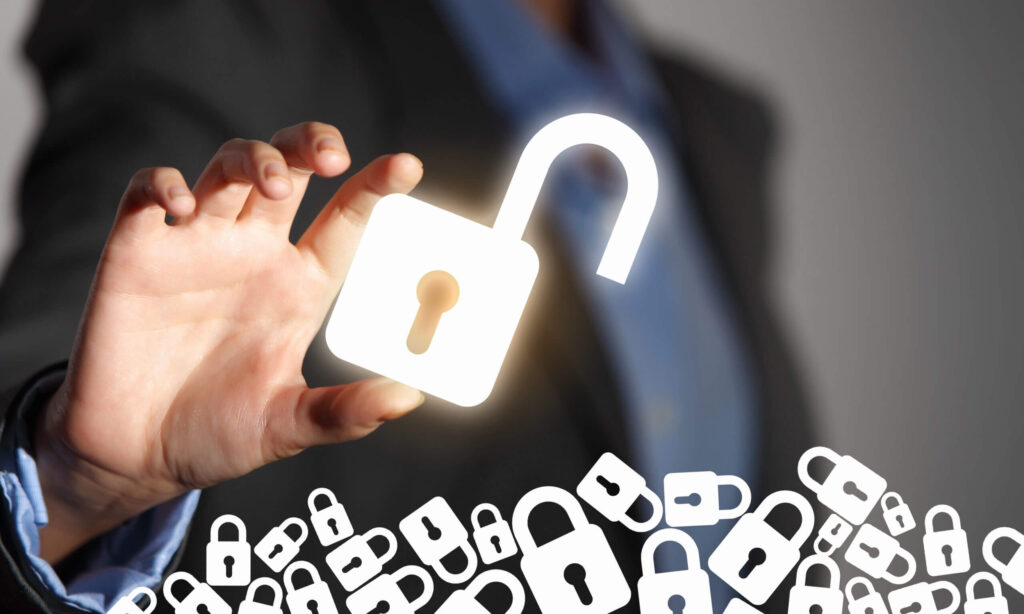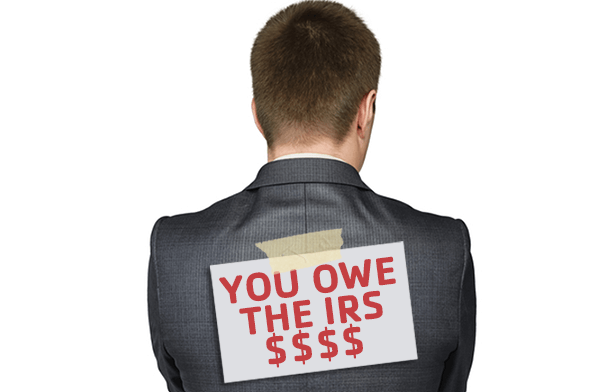
What is an unsecured debt? Unsecured debt is a loan that does not have collateral. The lender may not recover its investment if the borrower defaults because the borrower does not have to pledge specific assets to secure the loan. Since unsecured loans are considered riskier by the lender, they typically carry higher interest rates compared to collateralized loans.
Key Takeaways
- Unsecured debt is a loan that does not have collateral.
- Because they provide limited protection to the lender against default, they usually require higher interest rates.
- Lenders may reduce this risk by reporting defaults on loans to credit rating agencies. They can also contract with credit collection agencies and sell their loans in the secondary market.
What Is Unsecured Debt?
Unsecured debt refers to any loan that lacks collateral, such as credit cards and medical bills. These loans carry a high risk for lenders since borrowers can opt for default by filing for bankruptcy. In such cases, the lender may sue the borrower to recover the loan, but if no assets were pledged, the lender may struggle to regain its initial investment.
Although bankruptcy enables borrowers to evade their debts, there are consequences. Individuals with a bankruptcy history may face difficulties or even become unable to obtain new loans, as the bankruptcy negatively impacts their credit score for several years.
Lenders may pursue other avenues to recover their investment. They can report instances of delinquency or default to credit rating agencies and may even hire collection agencies to attempt the collection of any outstanding debt.
Unsecured Debt: A Real-Life Example
Meet Sarah, a small business owner who is in need of a loan to expand her operations. She approaches Mark, a lender specializing in unsecured loans, seeking $50,000.
Since Sarah doesn’t have any collateral to offer for the loan, Mark considers it an uncollateralized loan. To account for the increased risk, Mark charges a higher interest rate compared to secured loans.
Several months pass, and unfortunately, Sarah starts struggling with her business and fails to make timely repayments. Mark finds himself facing a few options in this situation:
- Debt Collection Agency: Mark realizes that suing Sarah for repayment might not be fruitful since no assets were pledged as collateral. Instead, he decides to enlist the help of a professional debt collection agency to recover the outstanding amount on his behalf. The collection agency charges a contingent fee, which is typically a percentage of the amount they are able to successfully recover. The specific collection rates can vary depending on factors such as the type, age, and size of the debt. On average, collection rates range between 7.5% and 50% per account, while consumer rates usually hover around 35%.
- Debt Sale in the Secondary Market: Alternatively, Mark could explore selling the debt to another investor through the secondary market. In such a scenario, Mark would likely sell the debt at a significant discount from its original face value. By selling the debt, Mark transfers the risk of non-repayment to the new investor, who agrees to bear the uncertainty of receiving full repayment in exchange for the discounted price.
In Sarah’s case, since the loan was unsecured, Mark had to implement these strategies to mitigate the risks associated with uncollateralized lending. These real-life examples illustrate the challenges and alternative approaches that lenders may encounter when dealing with unsecured debt situations.
What Is Secured Debt?
Secured debts refer to those where the borrower pledges an asset in exchange for the credit. In the event that the borrower defaults, the lender may seize the asset in order to recover the funds advanced.
Mortgages are frequently encountered secured debts among consumers. Another type of secured debt is an auto loan, where the financed vehicle serves as collateral. If the borrower fails to make payments on time, the loan issuer may eventually assume ownership of the vehicle. The property acts as collateral for repayment.
In fact, until the mortgage is fully paid off, the lending institution maintains an equity interest in the property. If the borrower neglects to make payments, the lender has the authority to seize and sell the property.
Which Is Better, Secured or Unsecured Debts?
Lenders generally prefer secured debt due to its lower risk profile. From the borrower’s standpoint, however, secured debt can be more precarious since they may be required to surrender their collateral if they fail to make payments. Secured debt often comes with a lower interest rate compared to unsecured debt.
What Is a Secured Credit Card?
Some lenders offer secured cards. A secured card is one where the cardholder pays a certain amount of money to the bank. This becomes the credit limit for the card. Secured credit cards can be used to build credit for people who have poor credit histories or no history.
Personal Loans Can Be Secured or Unsecured
Personal loans can be classified as either secured or unsecured. When it comes to secured personal loans, various assets can serve as collateral, including cars, boats, jewelry, as well as stocks, bonds, life insurance policies, or funds held in your bank account.
The Bottom Line
Loans can fall into two categories: secured or unsecured. Secured loans necessitate collateral, which can include assets such as vehicles, houses, or other valuable possessions. In the event of default, the lender reserves the right to seize the collateral. On the other hand, unsecured loans do not require collateral; however, the borrower must demonstrate creditworthiness to the lender. Secured loans generally offer lower interest rates and are more cost-effective compared to unsecured loans due to their lower risk profile.
Do You Need Help in Bankruptcy?
Are you feeling overwhelmed and burdened by financial challenges? Tenina Law understands the emotional toll that financial difficulties can take on individuals and families in the San Fernando Valley, CA area. We are here to help you navigate through the difficult process of bankruptcy with compassion and expertise.
Don’t let the fear of bankruptcy hinder you from reclaiming control of your financial future. Take that first step towards a brighter tomorrow by reaching out to Tenina Law today. Our compassionate team is ready to listen, support, and advocate for your best interests. Together, we will navigate the complexities of bankruptcy, empowering you to build a stronger, debt-free future.
Call us now to schedule your consultation and discover how our bankruptcy services can provide you with a fresh start. Take that crucial step towards financial freedom with Tenina Law. Remember, you don’t have to face this alone – we’re here for you every step of the way.







[…] Fair Debt Collection Practices Act (15 U.S.C. The federal law SSS 1692 & following governs the ways in […]